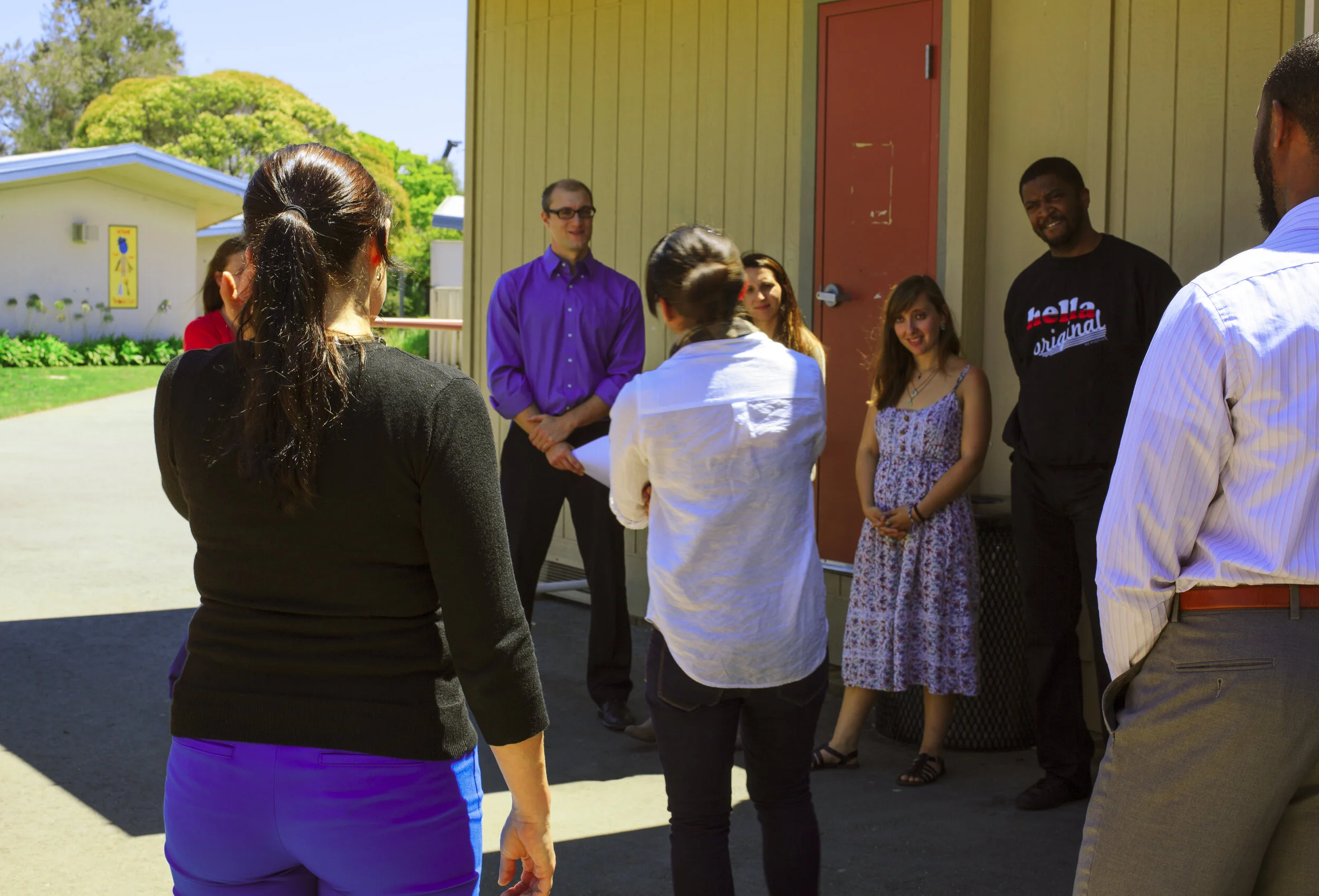FRAMES OF REFERENCE
A feature-length documentary
Frames of Reference is a feature-length experimental film that begins with two friends in silhouette conversing while sitting down to watch a documentary called The Education Project for the first time. The documentary explores four schools affected by colonization and three schools that have extreme societal pressures on kids in the classroom.
The unique access inside the classrooms in this documentary offers a candid platform to the undervalued voices of those shaping education around the world through 1-on-1 interviews that will weave through the diverse actuality of the formation of young individuals.
VOICE OF FRAMES OF REFERENCE
School Students, Teachers, Parents, and Administration
The bulk of Frames of Reference the friends watch is told through 1-on-1 interviews in the subjects’ native languages. That film captures the candid stories of the people most directly affected by education: students, teachers, and parents. It shares the stories of the voices that haven’t been heard and are excited to share their experience.
Northern Cheyenne Nation
Japan
United States of America
Burkina Faso
Belarus
France
Director’s Statement
This film I started as my first project beginning my career. I began it because my parents told me they were working at a low-performing school in Lame Deer, Montana. It had social problems and my parents experienced a culture-clash as they had never traveled out of the country. I myself was just returning from my second stint of living abroad and felt it difficult to communicate what many experience from studying abroad. The doors of the United States broke open and I felt I could finally see beyond my upbringing.
Since I heard about my parents finally explaining what it is like to experience a totally new perspective on growing up, cultural norms and similarities teaching in Montana, I wanted to contrast this interesting school they were involved in with other schools facing difficult problems in education from entirely different regions around the world.
I set forth to find six other schools that intrigued me as much as Lame Deer Elementary School. My goal was to include schools from Asia, Europe, North America, and South America, trying to get the feeling of living abroad fit into an 80 minute documentary.
The movie structure needed something extra to remind the viewer of their perspective in the film. I thought of how other films had done this in film history, such as Breathless with its pizzicato jump cuts in the edit. Bowling for Columbine showed how documentaries can have opinions of their own, have a narrative arc, and still be impactful. All of these films created a techniques that took the audience out of the moment and reminded them they were watching a film. So, the idea of a someone reacting to the film and watching the film came to me when I was told about Lynn Nottage’s By the Way, Meet Vera Stark. A play where they discuss a play within a play and react to the first act, as in Mystery Science Theatre 3000. This idea was incorporated to the style as well. Sharing two developed perspectives on the documentary while we watch seven schools that develop perspectives very differently around the world.
VOICE OF FRAMES OF REFERENCE
As a Director, Justin founded Fourwind Films in 2013. Also a multi-linguist who’s captured stories around the world, he has edited Axios and Abuela’s Luck which were both optioned by HBO. Awards and recognitions from projects he directed or helped edit include the Tribeca Film Festival’s Disruptor Award, Brooklyn Film Festival’s Spirit Award, Best Romantic Short at the Manhattan Film Festival, Best Short Drama at WorldFest-Houston, & the World Wildlife Day movie Showcase Winner.
“I believe that media has the great ability to influence and change our society. It’s the easiest way to make a change in the world as an individual.”
Photographer - Yoshitsugu Kosaka
Become a part of this film creation by contributing below or inquiring about becoming an Executive Producer by writing info@fourwindfilms.com
Set for release in 2025, we are currently seeking partners in funding, development, production, and distribution. Get in touch with us!








